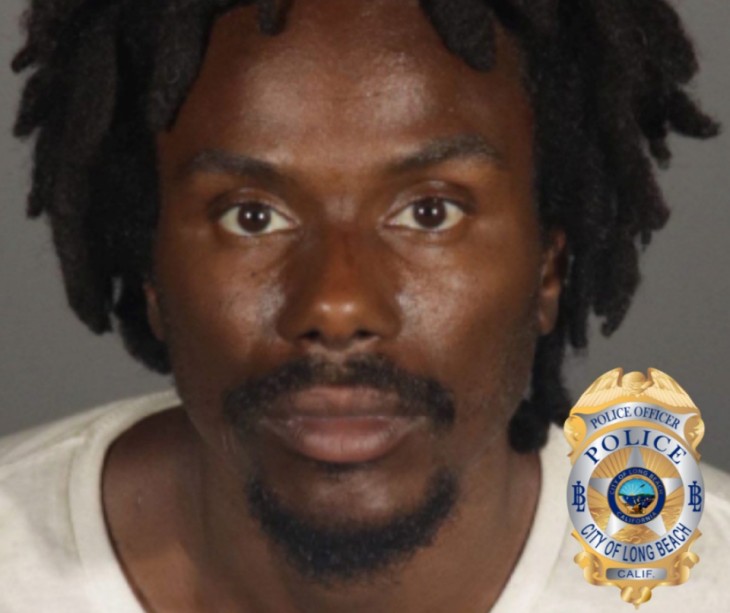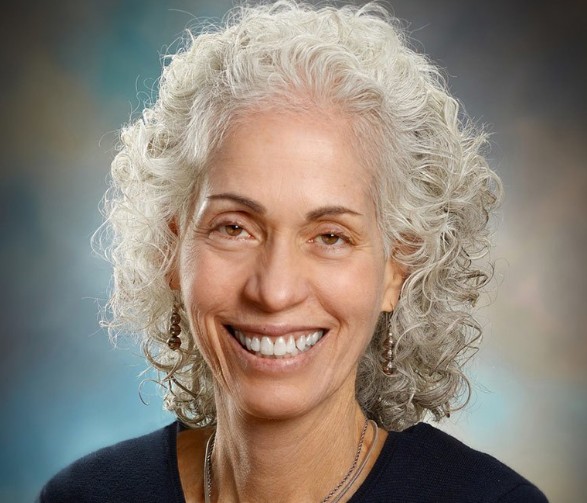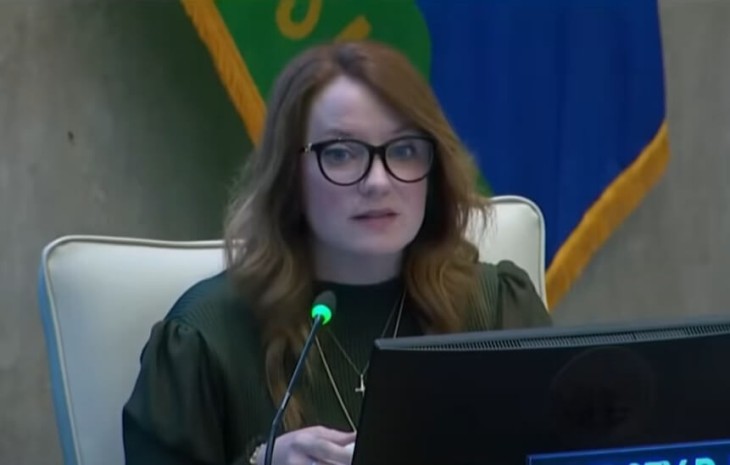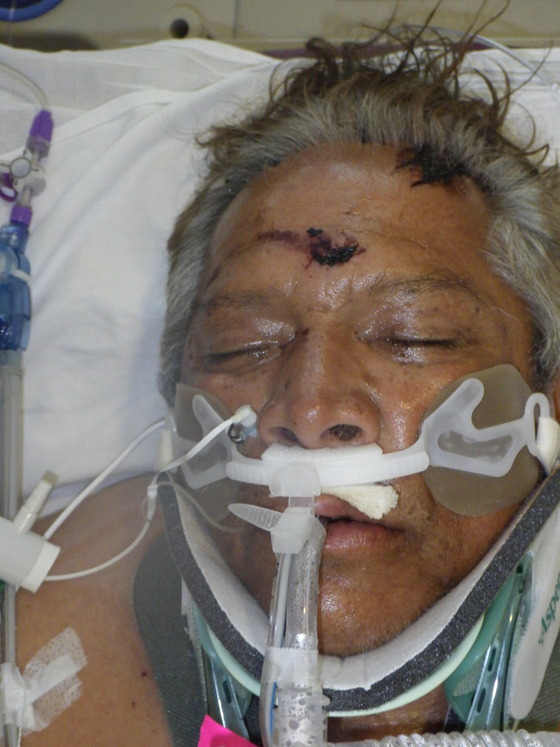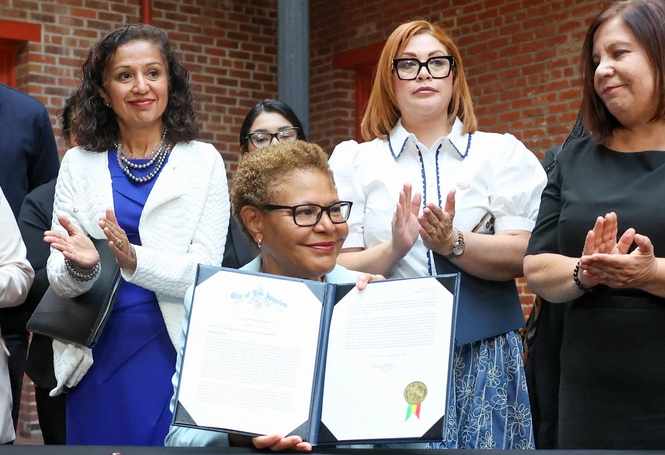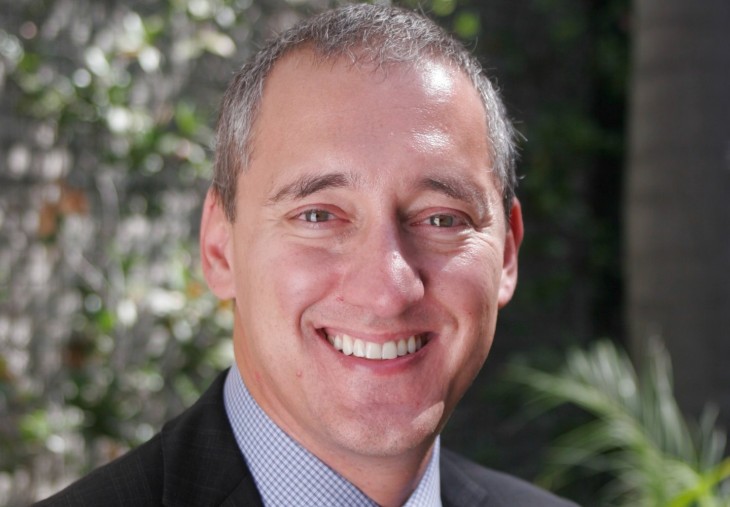By Dr. Stuart Garber
Sleep disorders affect as much as 34 percent of the U.S. population – a virtual epidemic.
In recent years studies have begun to link chronic partial sleep deprivation to serious physical health consequences. Regularly catching only a few hours of sleep can hinder metabolism and alters hormone production in a way that is similar to the effects of aging.
Chronic sleep loss may speed the onset or increase the severity of age-related conditions such as type 2 diabetes, high blood pressure, obesity, and memory loss. Researchers have shown that just one week of sleep deprivation altered subject’s hormone levels and their capacity to metabolize carbohydrates.
The list of side effects from prescription sleep drugs is long, with the most common being headache, drowsiness, dizziness, nausea, muscle and joint pain. One popular sleep drug was even shown to cause people to sleepwalk into their kitchen, consuming thousands of calories with no memory of it in the morning!
Insomnia is the inability to sleep during a period in which sleep should normally occur. Sufficient and restful sleep is a human necessity. The average adult needs slightly more than eight hours of sleep per day and only 35 percent of American adults consistently get this amount of rest. People with insomnia tend to experience one or more of the following sleep disturbances: (1) difficulty falling asleep at night, (2) waking too early in the morning, or (3) waking frequently throughout the night. Insomnia may stem from a disruption of the body’s circadian rhythm, an internal clock that governs the timing of hormone production, sleep, body temperature, and other functions. While occasional restless nights are often normal, prolonged insomnia can interfere with daytime function, and may impair concentration, diminish memory, and increase the risk of substance abuse, motor vehicle accidents, headaches, and depression. Recent surveys indicate that at least one out of three people in the United States have insomnia, but only 20 percent bring it to the attention of their physicians.
Signs and Symptoms
Common symptoms of insomnia include:
• Not feeling refreshed after sleep
• Inability to sleep despite being tired
• Daytime drowsiness, fatigue, irritability, difficulty concentrating, and impaired ability to perform normal activities
• Anxiety as bedtime approaches
Causes
Insomnia is occasionally a symptom of an underlying medical or psychological condition, but it may also be caused by stress (from work, school, or family) or lifestyle choices, such as excessive coffee and alcohol consumption. About 50% of insomnia cases have no identifiable cause.
Some conditions or situations that commonly lead to insomnia include:
• Substance abuse: consuming excessive amounts of caffeine, alcohol, recreational drugs, or certain prescription medications; smoking can cause restlessness and smoking cessation may also result in temporary insomnia
• Disruption of circadian rhythm: shift work, travel across time zones, or vision loss; circadian rhythms are regulated, in part, by release of melatonin from the brain
• Menopause: between 30 percent and 40 percent of menopausal women experience insomnia; this may be due to hot flashes, night sweats, anxiety, and/or fluctuations in hormones
• Hormonal changes during menstrual cycle: insomnia may occur during menstruation; sleep improves mid-cycle with ovulation
• Advanced age: biological changes associated with aging, underlying medical conditions, and side effects from medications all contribute to insomnia
• Medical conditions: gastroesophageal reflux (return of stomach contents into the esophagus; frequently causes heartburn), fibromyalgia or other chronic pain syndromes, heart disease, arthritis, attention deficit hyperactivity disorder, and obstructive sleep apnea (difficulty breathing during sleep)
• Psychiatric and neurologic conditions: anxiety, depression, manic-depressive disorder, dementia, Parkinson’s disease, restless leg syndrome (a sense of indescribable uneasiness, twitching, or restlessness that occurs in the legs after going to bed), post-traumatic stress disorder
• Certain medications: decongestants, bronchodilators, and beta-blockers
• Excessive computer work
• Partners who snore
Risk Factors
The following factors may increase an individual’s risk for insomnia:
• Age: the elderly are more prone to insomnia
• Stressful or traumatic event
• Night shift or changing work schedule
• Travel across time zones Substance abuse
• Asthma: bronchodilators occasionally cause insomnia
• Excessive computer work
Diagnosis, Treatment, and Prevention
If you report symptoms of insomnia or sleep disorders to your physician, he or she will first obtain a detailed sleep history by asking questions about your sleep patterns and sleep quality. He or she will also ask questions to determine whether you snore, have any underlying medical conditions, take medications, or have recently undergone any significant life changes. Keeping a sleep diary (recording all sleep-related information) may help the physician determine the type of insomnia and how best to treat it. The primary care physician may recommend a sleep specialist or a sleep disorders center where brain waves, body movements, breathing, and heartbeats may be electronically monitored during sleep.
Preventive Care
The following lifestyle changes can help prevent insomnia:
• Exercising regularly: best when done before dinner; exercise can stimulate arousal so should not be done too close to bedtime
• Avoiding caffeine (especially after noon) and nicotine
• Getting regular exposure to late afternoon sun: stimulates release of melatonin which helps regulate circadian rhythm
• Practicing stress reduction techniques such as yoga, meditation, or deep relaxation
• Early treatment of insomnia may also help prevent psychiatric disorders such as depression
Treatment Approach
• Behavioral techniques are the preferred treatments for people with chronic insomnia. Up to 80 percent of those with insomnia improve with these approaches, and, unlike many medications for insomnia, behavioral techniques do not carry significant risks and side effects. Studies also indicate that healthy sleep habits are necessary for treating insomnia, regardless of its cause, particularly in combination with
• Mind/body therapies such as stimulus control therapy, bright-light therapy, and cognitive-behavioral therapy
• Acupuncture and acupressure have a long tradition of treating insomnia successfully, particularly in the elderly
• Valerian, an herb, may be useful for certain individuals.
• Homeopathic remedies may also improve symptoms in some individuals
• Generally, medications by prescription or over-the-counter (OTC) are helpful in promoting sleep, but they are not recommended for insomnia that persists for more than 4 weeks. Long-term use of some medications may cause addiction.
Lifestyle
Studies reveal that healthy sleep habits are essential for treating insomnia. The following healthy sleep habits (in addition to the steps mentioned in the Preventive Care section) may help treat the condition:
• Maintaining a consistent bed and wake time
• Establishing the bedroom as a place for sleep and sexual activity only, not for reading, watching television, or working
• Avoiding naps, especially in the evening
• Taking a hot bath about two hours before bedtime
• Keeping the bedroom cool, well-ventilated, quiet, and dark
• Avoiding looking at the clock; this promotes anxiety and obsession about time
• Avoiding fluids just before bedtime
• Avoiding television just before bedtime
• Eating a carbohydrate snack, such as cereal or crackers, just before bedtime
• If sleep does not occur within 15 to 20 minutes in bed, moving to another room with dim lighting
For more information, visit https://www.drgarbers.com/consumer/slp.html.








